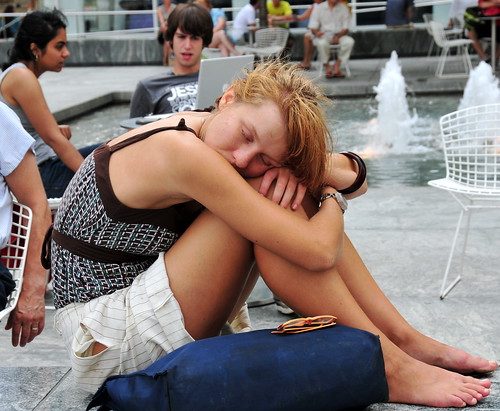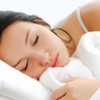We have all heard about the roles lack of exercise, obesity, overweight and bad diet relate to stroke. Amir Khan in the International Science Times uncovers a study that Lack Of Sleep Increases Likelihood of Stroke. You can refer to the complete article at:
iScienceTimes.com. Here are some excerpts:
“People know how important diet and exercise are in preventing strokes. The public is less aware of the impact of insufficient amounts of sleep. Sleep is Top risk of stroke for normal-weight adults getting under 6 hours of sleep.
People who sleep six hours or less per night are four times more likely to have a stroke, researchers said.
Approximately 30 percent of people sleep less than six hours, researchers said. The number of people who report sleeping eight or more hours per night dropped from 38 percent in 2001 to 28 percent in 2011, according to the National Sleep Foundation.
“The modern condition of excess work, excess pressure, no sleep — all this disruption — we can’t adapt well to it metabolically,” Dr. Orfeu Buxton, study author and sleep researcher at Brigham and Women’s Hospital, told WebMD. “This is a maladaptive response to modern life.”
Researchers focused on study participants who were of normal weight, meaning there is another factor at play.
“This makes you scratch your head and say it’s not just the known factors,” Reena Pande, a cardiologist at Brigham and Women’s Hospital in Boston, told USA Today. “Less sleep is clearly linked to many harmful changes in the cardiovascular system.”
However, just because many workers do not meet the National Sleep Foundation’s recommendations of 8 hours per night doesn’t mean they are sleep deprived, Dr. Michael Breus, author of the book “Beauty Sleep,” told CNN. Sleep researchers put too much emphasis on the amount of sleep instead of focusing on what’s really important.
“Oftentimes, we only think of sleep in terms of in terms of minutes — but that’s really the quantity of sleep. In fact, there’s a quality of sleep,” he said.
“If you have sleep apnea and you stop breathing through the night, you might feel really tired in the morning even though you’ve gotten eight hours. Those eight hours were horrible, light, crappy sleep.”
In order to ensure a better quality of sleep, people should try to go to bed at the same time every day, create a relaxing bedroom environment, avoid watching television or eating a large meal right before bed and turn off their cell phone, according to WebMD.
“Any degree of sleep deprivation impairs performance or mood,” Dr. Mark Mahowald, director of the Minnesota Regional Sleep Disorders Center, told WebMD. “Our society has got to learn to respect sleep as biologically imperative. Getting a good night’s sleep is as important as exercising regularly and eating a good diet.”









